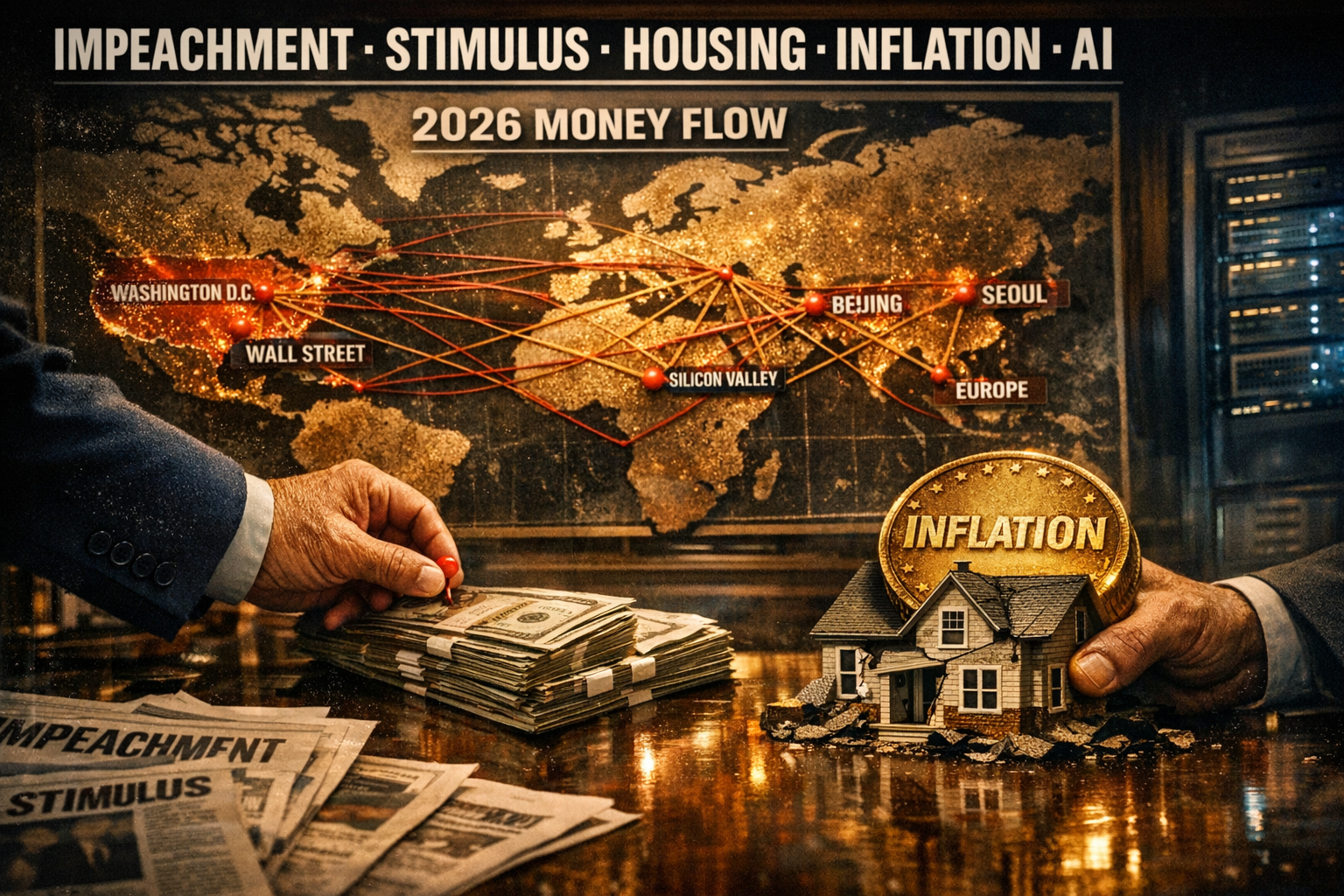● Trump-Korea, Not Japan
A Comprehensive Overview of Key Issues: From Japanese Politics & Diplomacy to Economic Crisis
[Political Dynamics and the Rise of the Prime Minister]
Amidst the rapidly changing political landscape in Japan, a figure led by the anti-Abe faction and internal divisions within the Liberal Democratic Party (LDP) has emerged as the Prime Minister.
Despite not having a background as a Minister of Foreign Affairs and being isolated within the party due to their distinct viewpoints, this individual has risen to the position of Prime Minister with public support and the backing of the United States.
Emerging as a candidate to replace the traditional political line within the LDP, their new political steps, contrasting with the afterglow of the existing Abe regime, are drawing attention.
[Diplomatic and Trade Conflicts with the U.S. & Trump’s Strategy]
Key issues in trade disputes, such as President Trump’s demand for a 25% automobile tariff and a 3% increase in defense spending, have been highlighted during the summit with U.S. President Trump.
Trump is using Japanese automobile exports and the attraction of domestic factories as tools in trade negotiations, revealing that the actual purpose of imposing tariffs is to attract global production bases by emphasizing investment expansion.
In response, Japan is showcasing showmanship, emphasizing its commitment to security and economic cooperation through various messages during negotiations with Trump, such as presenting a baseball glove, providing lip service, and promising arms purchases.
[Defense Industry and Defense Spending Debate]
The individual who emerged with the Prime Minister is someone who worked with Abe during his tenure and has been recognized for their security diplomacy skills in relations with Trump.
Meanwhile, the domestic defense industry in Japan is facing significant criticism due to a 2% increase in defense spending and limitations in the weapons production system.
Compared to South Korea, which has a competitive system in shipbuilding and military supplies, Japan’s competitiveness is declining due to the traditional supply system and the impact of privatization.
[Economic Challenges of Sluggish Domestic Economy and Rising Cost of Living]
Economically, Japan is facing severe issues such as the depreciation of the Yen, an increase in government debt (around 265%), and a surge in the cost of living, including electricity and gasoline prices.
The sharp increase in agricultural product prices, such as rice and flour, market instability due to the government’s slow response, and increased consumer burden are also major issues.
In particular, the burden of living expenses for Japanese citizens is gradually increasing due to unstable energy supply and privatized infrastructure.
[Threat of Natural Disasters and Deterioration of National Competitiveness]
The increasing frequency of natural disasters such as earthquakes and typhoons is highlighting the vulnerabilities of Japan’s infrastructure.
In particular, the increasing risk of disasters such as the eruption of Mount Fuji and the possibility of a major earthquake is expected to significantly affect economic recovery and the maintenance of national competitiveness.
The Japanese government and the LDP’s ability to respond, as well as the issue of young people moving abroad, are expected to act as long-term instability factors for the Japanese economy.
[Changes in the International Economic Order and Japan’s Future]
The challenges Japan faces in global economic prospects, trade disputes, and changes in diplomatic relations with the United States are leading to not only political changes but also complex economic crises.
In particular, market-oriented reforms following the wave of neoliberalism and restructuring in the private sector are emerging as tasks that Japan must solve to maintain its competitiveness in the international community.
The future direction of Japanese politics and economy, unlike the Abe regime, will be focused on how it handles global economic disputes, security cooperation, and internal reforms, which is expected to have a significant impact on the economic outlook of Asia and the world.
In the Japanese political landscape, a figure who rose to the position of Prime Minister, led by the anti-Abe faction, is playing a key role in diplomatic negotiations with Trump.
They are demonstrating negotiating power by emphasizing investment expansion and security cooperation messages in trade disputes such as the U.S.’s automobile tariffs and demands for increased defense spending.
However, Japan also faces serious economic vulnerabilities such as instability in the defense industry, a surge in debt and rising cost of living, and risks related to energy and natural disasters.
These political and economic changes are expected to have a significant impact on the economic outlook of Japan and the global economy, trade disputes, political changes, the Japanese economy, and international security issues.
[Related Articles…]
Core Elements of Political Change
Turning Points in Global Trade Disputes
*YouTube Source: [머니인사이드]
– 트럼프 일본 버린다. 미국은 한국이 더 중요한 이유 (이명찬 박사 풀버전)



